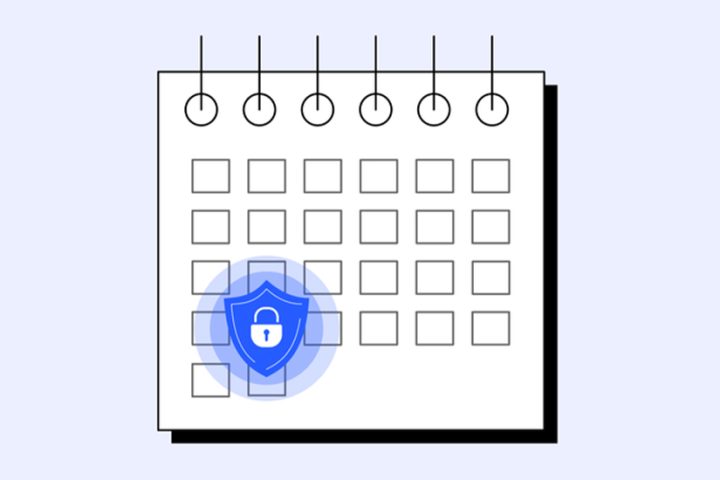Nutanix, announced the public sector findings of its fifth annual Enterprise Cloud Index survey, which measures enterprise progress with cloud adoption.
The research reveals that public sector organisations plan to accelerate their hybrid multicloud deployments nearly five-fold over the next three years. Overall, public sector respondents expect to increase their general use of mixed-IT infrastructure to 73%.
Cybersecurity, data security, sovereignty, protection and recovery are top drivers of this group’s IT infrastructure purchasing decisions.
“Public Sector CIOs are universally modernising their IT environments to effectively serve their constituents, missions, and mandates”, says Sammy Zoghlami, SVP EMEA, Nutanix. “The COVID-19 pandemic has underscored the importance of agility to swiftly adapt to changing circumstances in government, education, and healthcare sectors. Recognising this need, public sector IT leaders are embracing diverse IT environments, encompassing data centres, edge computing, colocation, and various public clouds to meet their individual specific requirements. This approach offers the freedom to locate and move workloads and apps where they best meet their strategic priorities; however, it also brings new challenges, including complexity inherent in hybrid multicloud environments.”
Key findings from this year’s report include:
- Public sector organisations expect to grow their hybrid multicloud deployments nearly five-fold. This group also expects to more than double its use of multiple public clouds (“multicloud”). Public sector respondents expect their use of all other IT operating models, such as on-premises infrastructure, to decline during this period.
- Cybersecurity and data sovereignty are the biggest IT infrastructure investment drivers. Among those in the public sector, cybersecurity and data sovereignty—the ability to comply with national rules for data storage and control—tied as the top criterion, at 13% each. Cost was mentioned least often.
- Mixed environments create new challenges for data management, as the value and volume of data in the public sector continues to skyrocket. Top challenges include data analytics and orchestration, data protection and recovery, and data storage costs. The findings also indicate a visibility capabilities gap for all data residing across the extended IT infrastructure. There is room for improvement in the availability of integrated tools for hybrid IT operations, as IT shops can’t manage, secure, synchronise, or analyse what they can’t see.
- The overriding driver of application movement among ECI public sector respondents in the past year was to improve data security. Nearly all respondents in the global public sector (98%) indicated that they had moved applications between IT infrastructures in the past 12 months, and 47% cited a desire to improve their company’s security posture or their ability to meet regulatory requirements as a reason (Figure 6). Improving data security was also the top reason for moving applications among all ECI respondents, cited by a similar percentage (46%). The hope of accelerating data access speeds was a moderately distant second reason for application mobility among public sector respondents (39%), followed by a wish to integrate with cloud-native services, such as AI and machine learning (38%).
- Controlling IT costs. Most respondents rank controlling costs high on their list of challenges. For example, 86% of public sector respondents and 85% of respondents globally described cloud cost control as a challenge with managing their current IT infrastructures, and more than a third of each group—36% of public sector organisations and 34% of global respondents—said it was a “significant” one.
Increased infrastructure diversity, along with a heightened emphasis on data storage, management, security and services, is driving all public sector IT pros to seek hybrid operations that unify private and public infrastructure. Nearly all respondents, including 95% of public sector respondents, expressed a desire to have a single place to see and manage the many aspects of their diverse infrastructures. As these capabilities emerge, respondents will gain access to unified tools that deliver visibility into where all data resides, allow IT teams to holistically manage their applications and data, and let them make adjustments as needed to meet ever-shifting requirements for data security, backup, compliance, performance and cost.
For the fifth consecutive year, Vanson Bourne conducted research on behalf of Nutanix, surveying 1,450 IT decision-makers around the world in December 2022 and January 2023. This report is supplemental to the global 5th Annual Enterprise Cloud Index master report and focuses on cloud deployments in the global public sector, which includes federal/national government organisations, and state & local government organisations, public educational institutions, and public healthcare organisations. It highlights the cloud plans, priorities, challenges, and experiences of IT professionals in the public sector around the world and how they compare to the full, cross-industry global response pool.





















